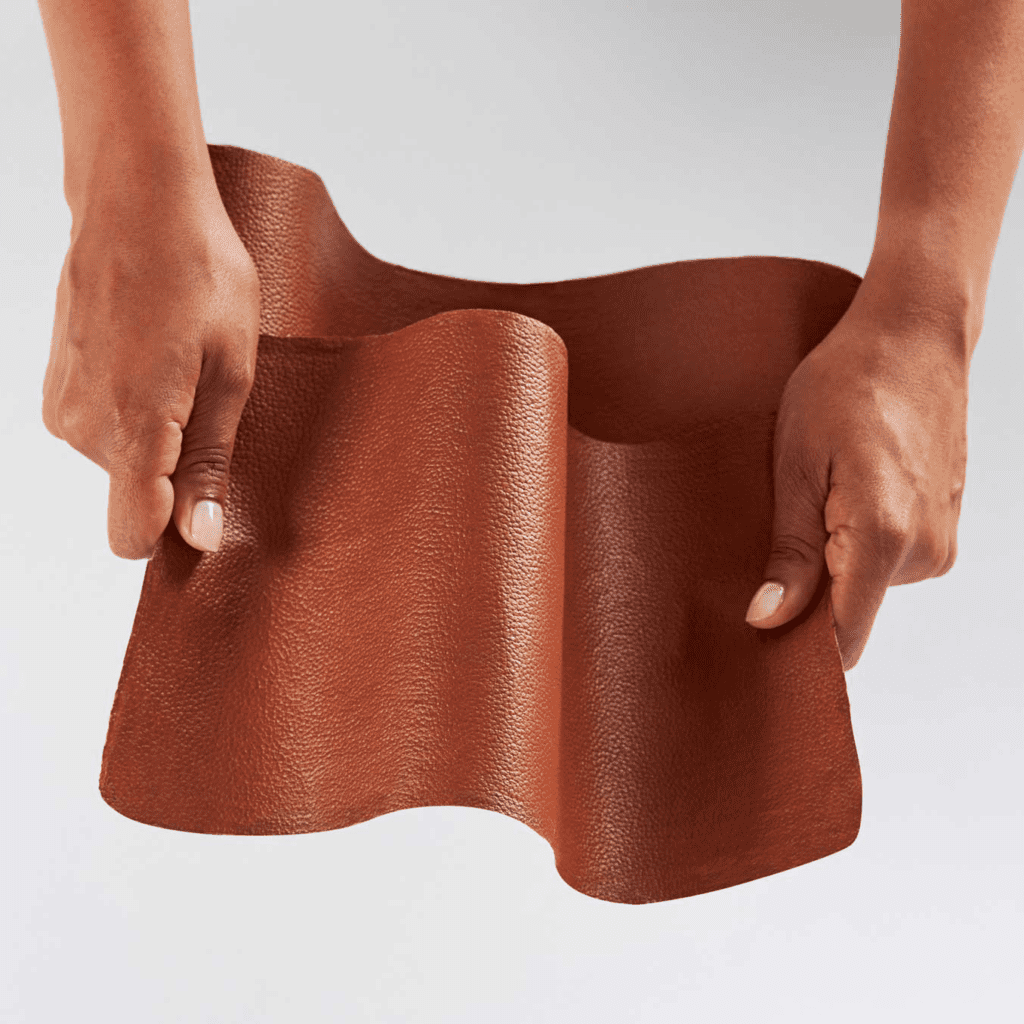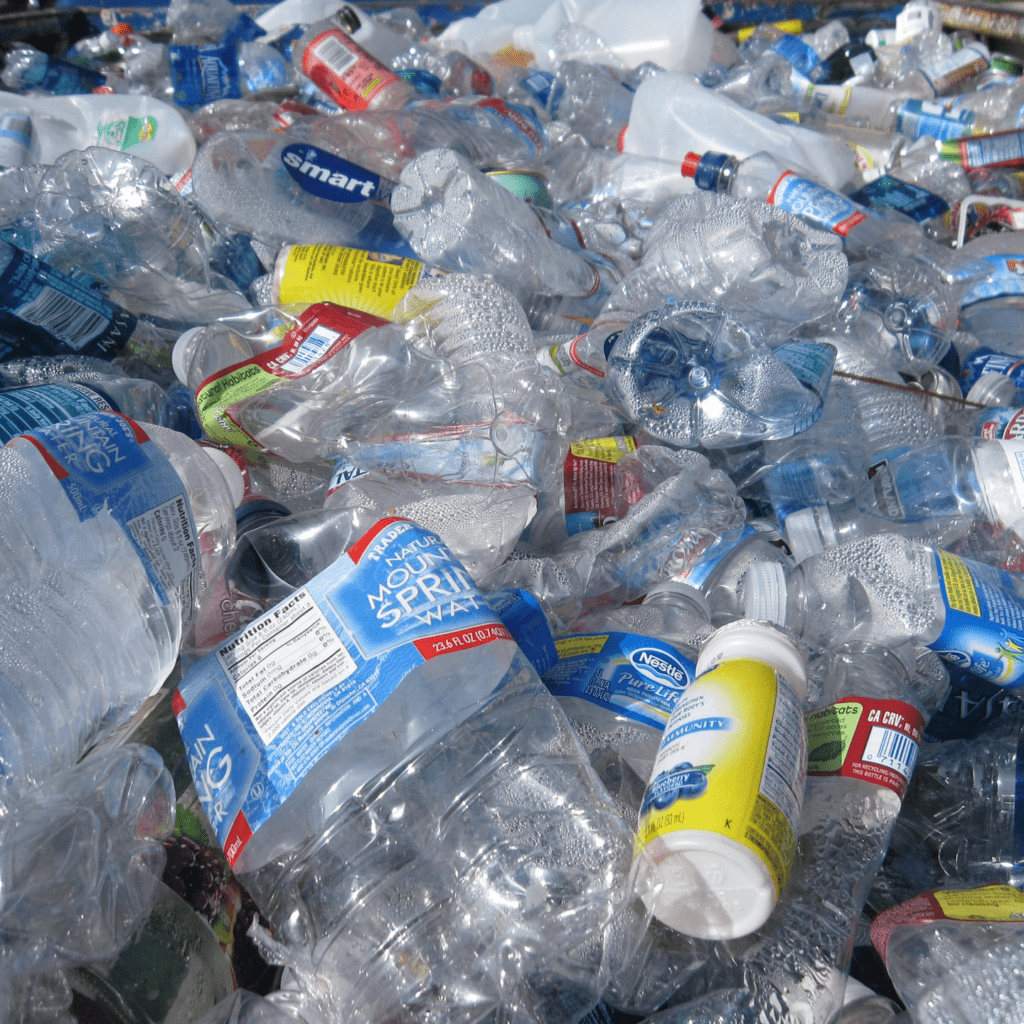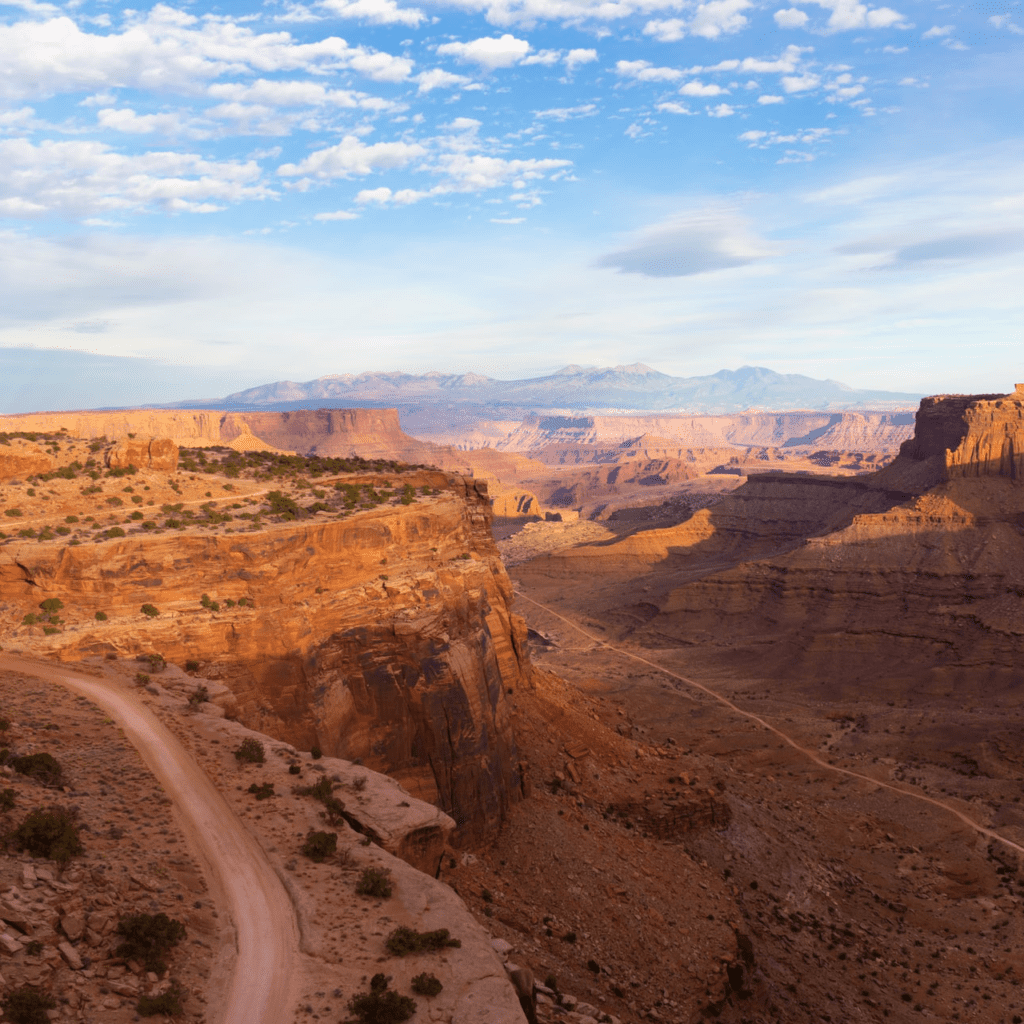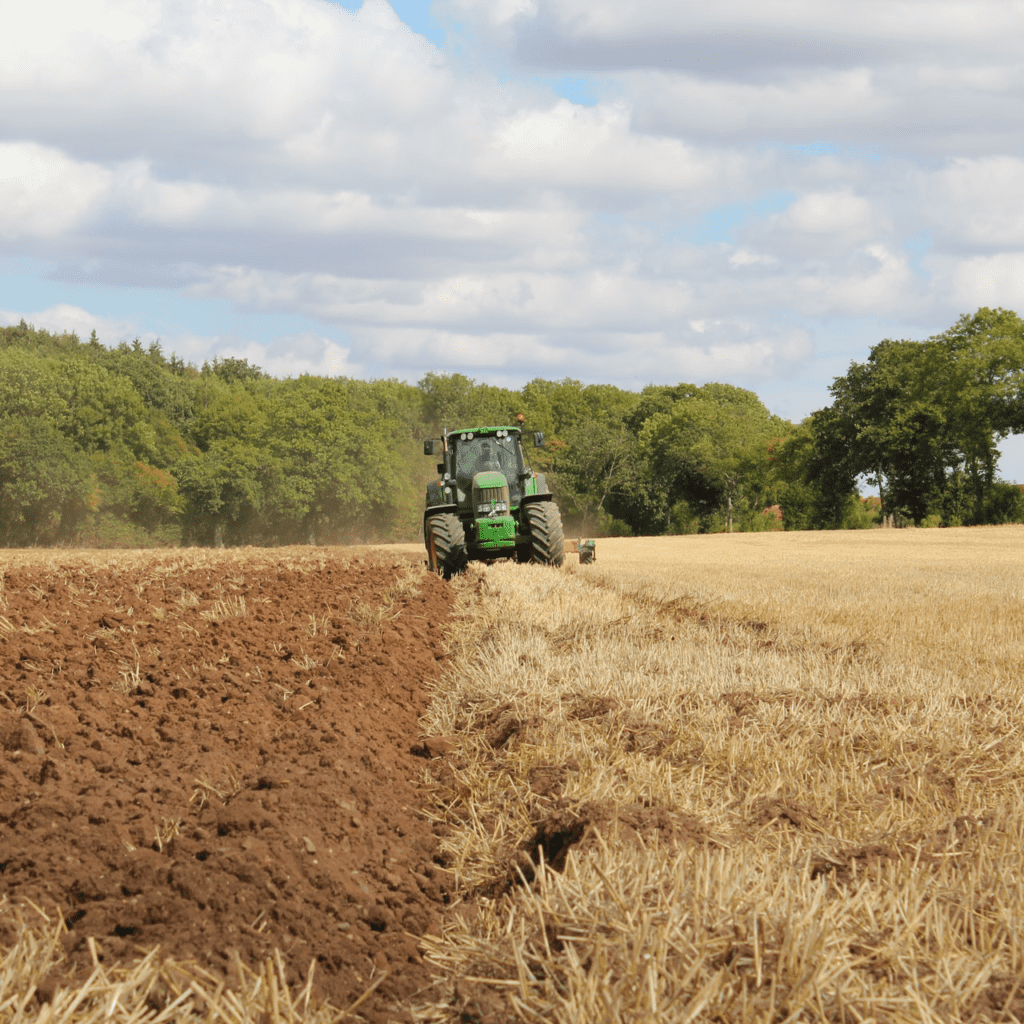Edition #11 | Environment Forward

Lab-grown leather, the decline of lichens, blockchain for farmers, and plastic recycling.
Hi Y’all, Welcome to the latest edition of Environment Forward, where we are exploring everything from lab-grown leather to lichens in Canyonlands. Earth Day has now come and gone – CarbonBetter celebrated by coordinating a city-wide day of climate action in Austin with 29 participating businesses, which you can learn more about here. It’s always awesome to see people come together for Earth Day and the way the holiday engages us to take action and do more, but I’m often left wondering why we don’t celebrate Earth Day year-round. It shouldn’t take a holiday for us to want to take action and show our planet some love. Consider joining me in trying to make Earth Day every day – I’d love to know what steps you’re taking, large and small, to reduce your environmental impacts.
P.S. Wildflowers are in full bloom here in Texas, and if you happen to be here in Austin, I highly recommend checking out the Lady Bird Johnson Wildflower Center.

Lab-Grown Fashion
There’s been a lot of excitement in the climate and food tech space around lab-grown meat and cow-free dairy – VitroLabs is now entering the space with animal-free leather. The start-up makes cellular-cultivated leather that replicates the structure of animal leather. They’re not the first to develop new materials meant to replicate animal products – more than 95 firms in the space raised a combined estimate of $980 million last year to make leather-like materials from things like mycelium, pineapple, and in the case of VitroLabs, utilizing stem cell technology. VitroLabs is the first to have investment from a major luxury group, Kering SA, which makes brands such as Gucci and Saint Laurent. The material differs from vegan leather in that it avoids plastic – I’m curious to see what this new alternative to leather and pleather looks (and feels) like. I’m also looking forward to better understanding the environmental impacts of lab-grown leather.
Image credit: Vitro Labs

U.S. Only Recycling 5% of Plastic
A new report revealing the state of plastics recycling in the U.S. with 2021 data was released by the non-profit The Last Beach Cleanup and the advocacy group Beyond Plastics. According to the most recent data from the U.S. Environmental Protection Agency (EPA), we recycled about 8.7% of plastic in the US in 2018, but this new report shows a significantly lower recycling rate of only 5 or 6% of the country's plastic waste. The report explores multiple data sources for their analysis, with varying results on the total percentage recycled. The data is sobering and the report is quick to call out plastics and plastics manufacturing. I personally feel it's essential for us to leverage post-consumer recycled materials and ensure more robust recycling infrastructure.
Image credit: Tanvi Sharma

Climate-Driven Decline in Canyonlands
Canyonlands National Park is amongst one of my favorite parks that I've had the opportunity to visit, along with its neighbors Dead Horse Ranch State Park and Arches National Park, but the park has been directly impacted by the climate-driven decline of tiny dryland lichens. Lichens, which are communities of fungi and algae, help hold together soil crusts and research is showing that these small lichens are dying off as the climate warms. If the organisms that make up the lichen die and soil crusts then crumble, desertification will expand, drying up soils in arid regions. A recent study in the Proceedings of the National Academies of Sciences analyzed soil crust and climate data from 12 football-sized plots in Canyonlands National Park and discovered that lichens in the region have declined sharply since 1996 in tandem with regional temperature spikes. This data coming out of Canyonlands could have global implications in other arid regions that are heating.
Image credit: Christoph von Gellhorn

Protecting Farmers with Blockchain
The Lemonade Foundation recently announced plans to utilize "blockchain to protect farmers in Africa from climate change" through a blockchain-based insurance offering for smallholder farmers. Rural farmers in Africa typically contribute minimally to the climate crisis but are left dealing with some of the worst consequences. The Intergovernmental Panel on Climate Change (IPCC) predicted extreme weather events could cut agricultural productivity by up to 50% in Africa and support is needed to mitigate these risks. The Lemonade Foundation looks to leverage blockchain for both cost savings and transparency to offer drought insurance to farmers.
Image credit: Richard Bell
Nicole Sullivan is the Climate Services Manager at CarbonBetter. When she's not working on sustainability reports and helping clients to decarbonize, she's busy reading about the environment or is outdoors exploring it. Connect with her on LinkedIn and drop her a line to let her know what you thought about these stories and share what you're reading.